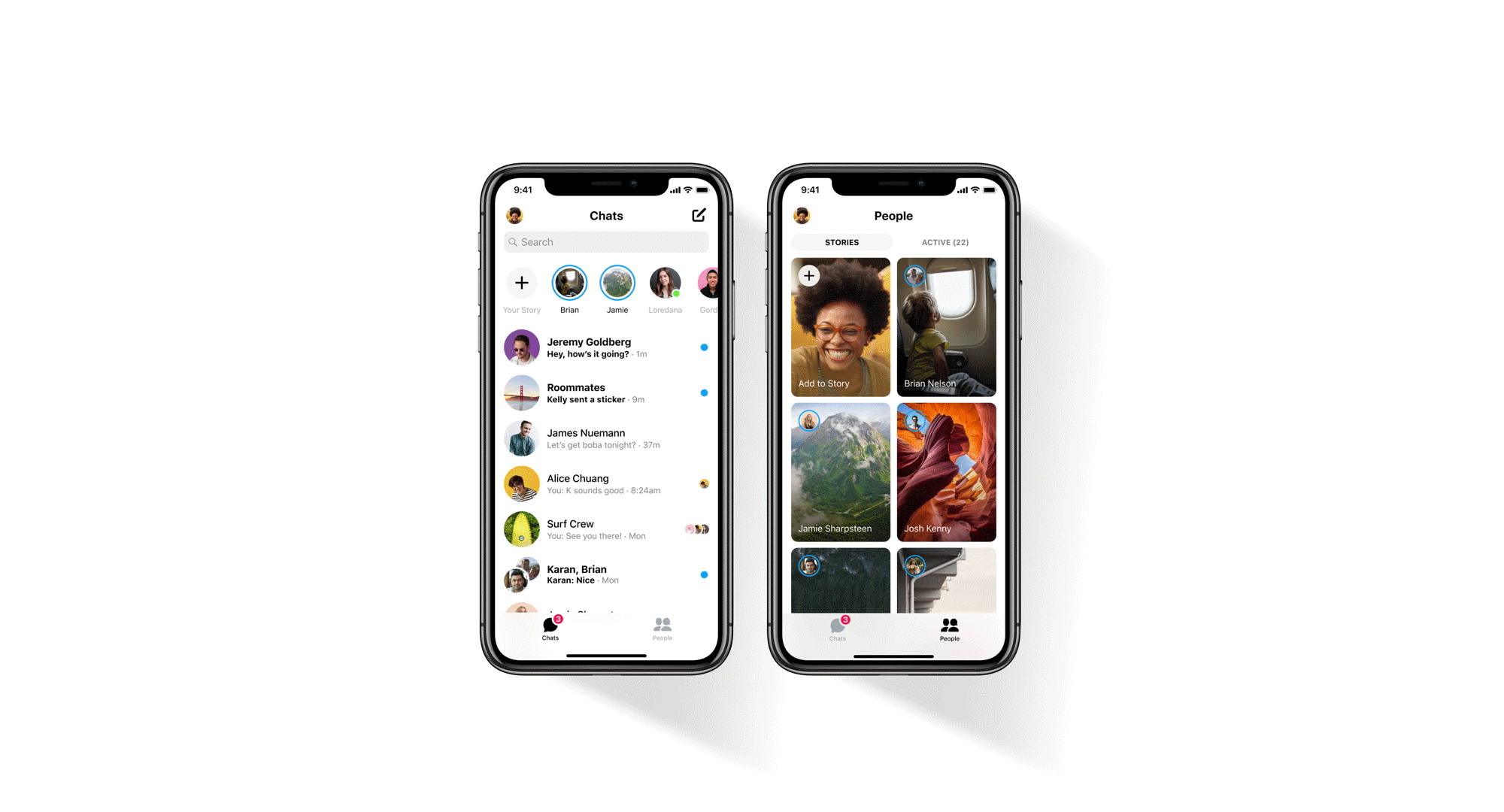Facebook recently rebuilt their Messenger application on for iPhones and iPads. The result is an app that is quarter the size of the pre-existing application and twice as fast. Why did Facebook do this? Because they felt the utility of Messenger requires that the application be as nimble as possible:
We started with the premise that Messenger needed to be a simple, lightweight utility. Some apps are immersive (video streaming, gaming); people spend hours using them. Those apps take up a lot of storage space, battery time, etc., and the trade-off makes sense. But messages are just tiny snippets of text that take less than a second to send. Fundamentally, a messaging app should be one of the smallest, lightest-weight apps on your phone. With that principle in mind, we began looking at the right way to make our iOS app significantly smaller.
Facebook
The redesigned application removes unnecessary features with the Discover Tab getting the chop – a sign that it probably wasn’t being used at all.
Compared with the previous iOS version, this new Messenger is twice as fast to start and is one-fourth the size. We reduced core Messenger code by 84 percent, from more than 1.7M lines to 360,000.
Facebook
Chatbots haven’t suffered the same fate as the Discover Tab but they are now hidden away, with users only finding them on business pages and on QR codes.
That results in the Messenger app looking like this:


Whilst the storage savings and faster interface are welcome, the changes have made some (including myself) question how much differentiation there is between FB Messenger and WhatsApp. Both now have a messaging experience revolving around messaging and stories. I’m not a big Messenger user but it’s hard to see where the product differentiation is here.



